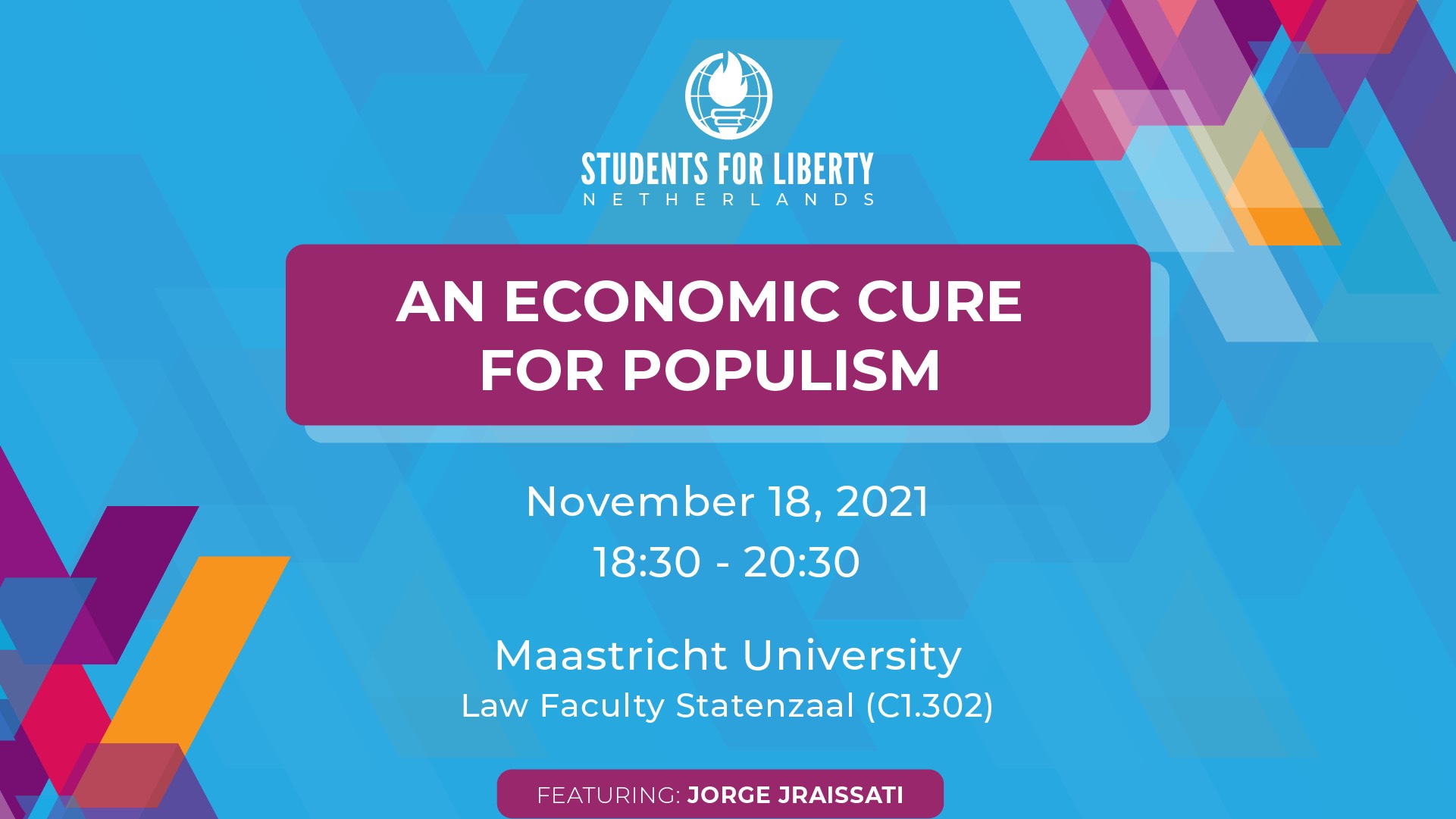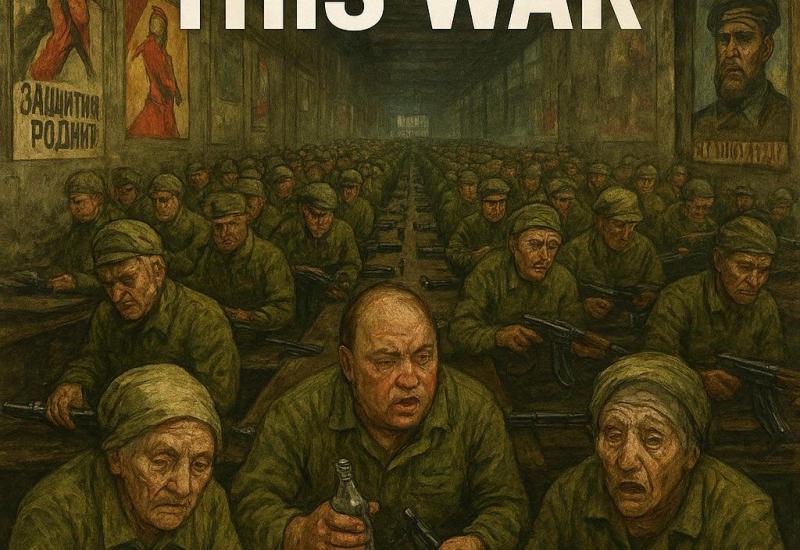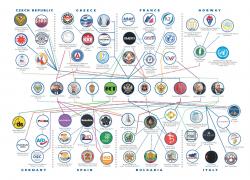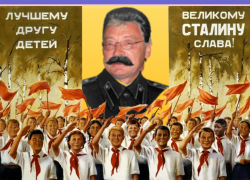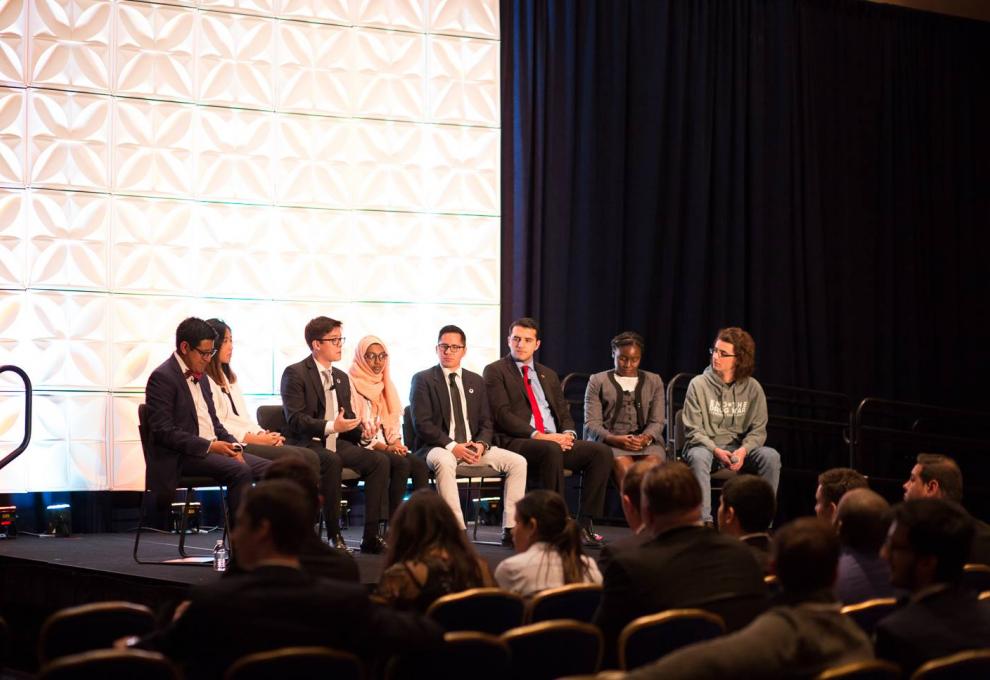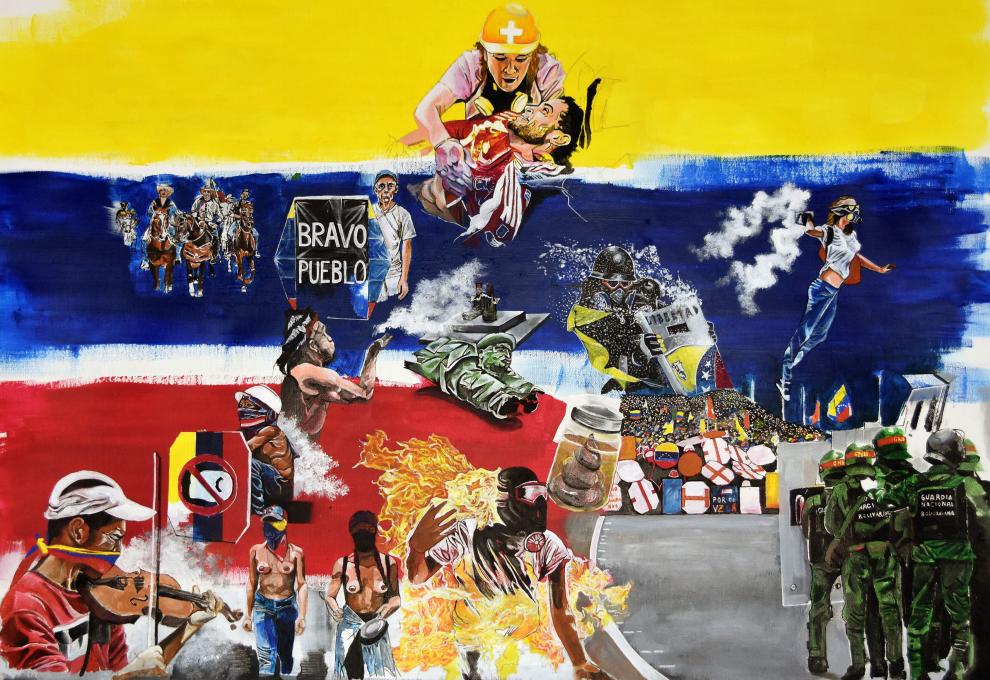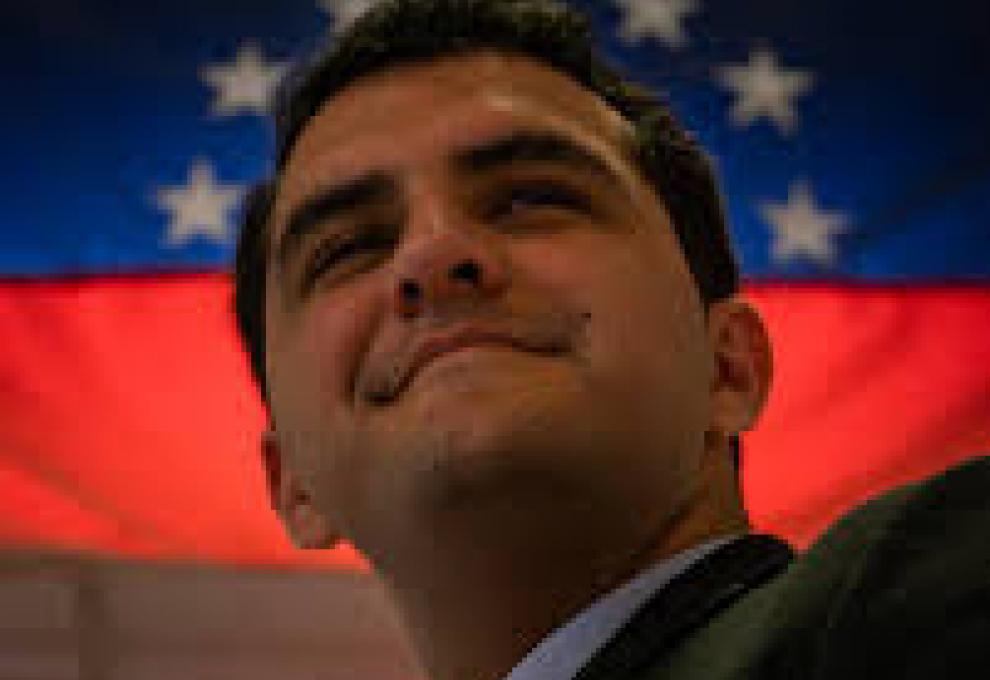An Economic Cure for Populism
Next month, I will be giving my first in-person lecture since the pandemic. At Maastricht University’s Law School, I will be talking about the interrelation of economic development and political stability.
Dear readers,
It has been almost two years since my last in-person university lecture, which I gave at Cambridge University, by the end of 2019.
Many things have changed since then. At the time, I was fully committed to supporting Juan Guaido and Venezuela’s interim government, as I genuinely thought that we could make a political change sooner than later in the country. Now, two years after, it seems that the Maduro regime not just survived, but that it is in total control of the country.
On a similar note, since then, I have been focusing much more on issues not directly related to the Venezuelan crisis but indirectly related. I have been studying the art of diplomacy, the causes driving populism worldwide, and other areas of study that I think complement my studies on the Venezuelan crisis.
I think that by doing so, I will be able to not only understand the Venezuelan crisis in a better way but also understand the situation and development of other countries. The idea is that we can all work together to advance democracy internationally.
Among these areas of study, I have been doing research about the interrelation between economic development and political stability. Specifically, I have been studying the rise of populism in Latin America and other parts of the world, and the relationship that it has with economic indicators such as poverty, extreme poverty, income inequality, among others.
Throughout this process, what I have found is that populism becomes particularly popular in countries right after these have periods of economic crises.
In Latin America, leaders like Hugo Chavez, Nestor Kirshner, Rafael Correa, and Evo Morales rose to power after Latin America experienced two decades of total economic stagnation, with several crises along the way. In fact, in countries like Ecuador, the 1990s saw millions of people flying the country.
I have seen the same pattern in countries like Spain, for instance. After the great recession, the Spanish economy did not recover for many years. In Spain, half of its youth was neither working nor studying, and those who were working, had horrible wages. For this reason, a group of radical leftist professors became very popular. These group then formed a political party called Podemos, led by Pablo Iglesias, Juan Carlos Monedero, among others.
Podemos became so popular that many feared they could rise the power. But a few years later, when the economy stabilized, the political party plateaued, saving Spain from a populist backlash similar to what countries like Venezuela and Argentina have been experiencing.
In this sense, our main way to defeat populism is not through political means but economic ones. What I mean by this is that populism can be defeated if we have economies that provide prosperity to everyone. This is why countries like the United States and Canada are less prone to populist movements. They have stable economies, where people can flourish by joining a stable middle-class that has access to housing, security, leisure, etc.
On the other hand, regions like Latin America have intolerable levels of economic misery, poverty, and income inequality. And this has been the case for their entire existence, which is the reason they are so prone to political instability, populism, and demagoguery. In other words, when people are desperate and barely surviving, they will vote for a change, for someone that promises them heaven on earth.
This is why we have to achieve economic development in these countries. And not just for a few, but for everyone. We need inclusive markets. Institutions like property rights cannot be only enforced for the wealthiest people in Latin America, for example. These institutions have to reach the vast majority of the people. People deserve access to property rights, to the banking system, to collective security, and all these economic institutions that enable markets to work effectively.
My argument is that this is the key to not just economic development but political stability. This is why developed nations should not be spending their resources on humanitarian aid or countless NGOs but on projects that allow these market institutions to reach every home in the developing world. Otherwise, populism will keep appearing in these countries, reversing the little progress these countries get.
Jorge Jraissati is a Venezuelan economist and freedom advocate. He is the Director of Alumni Programs of Students For Liberty, an NGO advancing the ideas of a free society in over 100 countries. Beyond SFL, Jorge is a research consultant for IESE Business School, an economist from the Wilkes Honors College, and the President of Venezuelan Alliance, a policy group specialized in the Venezuelan humanitarian crisis. Jorge is a weekly columnist at Freedom Today Network.

